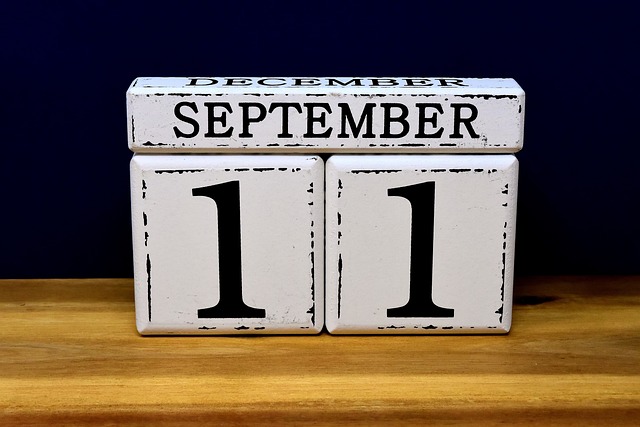
It can be confusing to keep track of your finances. Keeping thorough records of what you are spending your money on can help you avoid financial difficulties down the road. There are a lot of Internet tools that can help you accomplish this, though even when using them it is important that you know exactly what you are spending your money on.
Success in business can be directly related to money management. Find things to invest your profits in and save what you need. Allocating profits into capital to build a larger foundation for growth is acceptable, however, managing those profits wisely allows you to see return from your investments. Fixing a firm ratio between profit and reinvestment will help you keep a handle on your money.
Do not deal with a broker you cannot trust. Check a broker’s references and find someone else if you feel they are not being open with you. Your level of financial knowledge plays a role in your selection, too.
If you are going to invest your money, make sure you aren’t hit with massive fees. Most brokers have hefty fees for the services that they render. When you calculate your potential profits, these charges should be part of your equation. Avoid funds that have high management costs as well as brokers who depend on large commissions.
Replace incandescent bulbs with more efficient compact fluorescent light bulbs. If you replace these older bulbs, you should notice lowered energy bills and a reduced carbon footprint. CFL bulbs also last much longer than traditional light bulbs. You will save money by buying bulbs that don’t need to be replaced as often.
Put aside money from every paycheck as soon as you get it. If you wait until you have paid bills to save money, it is far less likely to happen, as your next round of bills will be approaching shortly. Knowing this money is put aside for savings, it helps you to create a budget and avoids the temptation to spend it.
If you want to better manage your finances, you need to rid yourself of any outstanding debt. You’ll have to make some severe sacrifices, but once you’ve paid off those loans and credit cards you’ll be in the gold. For example, consider dining in your own home, instead of grabbing take-out, or limit the amount you spend on social outings. Something as simple as taking your lunch with you to your job and eating in can help you save money; if you really want to rebuild your credit, you have to cut your spending.
If you find yourself using a bank debit card, consider switching to a credit card. Once you’ve been approved for a card, try to use it for your daily purchases, like groceries and gas. Often times, these purchases provide great cash back rewards.
Keep student loans to a minimum unless you are confident that you will be able to pay them back comfortably. If you have not yet chosen a major or mapped out your career path, private school tuition may not be your best bet.
Being aware of the value of one’s possessions can help prevent financial loss. For example, selling a valuable piece of furniture is a definite personal finance benefit, compared to throwing it in the trash.
Control the flow of cash in your account. Write down your expenses and income so you can have a good grasp on where you stand financially at month’s end. You must have an established property budget.
Although it takes some foresight and a willingness to sacrifice convenience, you’ll find it does save you money to make use of only the ATMs operated by your bank or other financial institution. You are often charged a big fee for using ATMS from other banks.
Avoiding debt to begin with is the best advice for good personal finances. A home loan or car is fine because those are important things you need. However, as much as possible in your daily finances, avoid credit purchases and either pay cash or go without.
Try to clear your debts and do not build up any new debt. It is easy, even though we are all taught differently. Pay your outstanding debt down bit by bit, and don’t be tempted to get into new debt! Having a secure financial position is the result of your commitment to being free from debt.
Keep $10 or a bank card on you for small purchases. Merchants are allowed to establish a minimum account for credit cards.
It is always a smart financial move to make yearly contributions to an approved Individual Retirement Account. It should be a top priority to make this part of your plan for a secure financial future. You can open an IRA at a bank, brokerage firm, credit union or even at a company that sells mutual funds. This could really help in supplementing your retirement, by contributing to it on a regular basis.
It’s never too early to get and keep your finances organized. If you start now, no matter what age you are, you will be more prepared later in life. Concerning your finances, you can start putting them in order at any time.
Tracking how you spend your money helps you to avoid overdrafts or other fees from the bank. Don’t rely on a bank for your financial situations and monitor it yourself!
